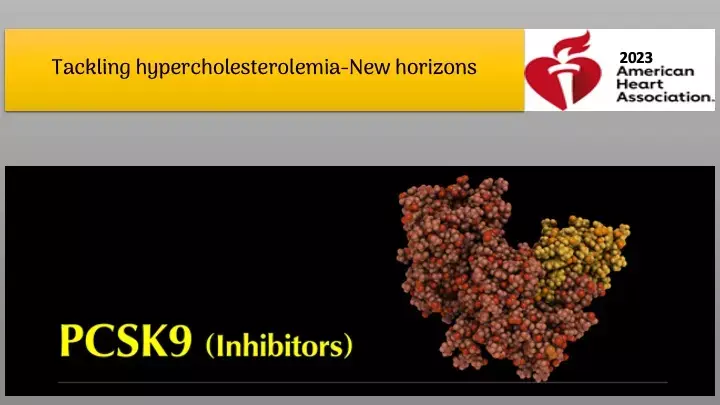- Home
- Medical news & Guidelines
- Anesthesiology
- Cardiology and CTVS
- Critical Care
- Dentistry
- Dermatology
- Diabetes and Endocrinology
- ENT
- Gastroenterology
- Medicine
- Nephrology
- Neurology
- Obstretics-Gynaecology
- Oncology
- Ophthalmology
- Orthopaedics
- Pediatrics-Neonatology
- Psychiatry
- Pulmonology
- Radiology
- Surgery
- Urology
- Laboratory Medicine
- Diet
- Nursing
- Paramedical
- Physiotherapy
- Health news
- Fact Check
- Bone Health Fact Check
- Brain Health Fact Check
- Cancer Related Fact Check
- Child Care Fact Check
- Dental and oral health fact check
- Diabetes and metabolic health fact check
- Diet and Nutrition Fact Check
- Eye and ENT Care Fact Check
- Fitness fact check
- Gut health fact check
- Heart health fact check
- Kidney health fact check
- Medical education fact check
- Men's health fact check
- Respiratory fact check
- Skin and hair care fact check
- Vaccine and Immunization fact check
- Women's health fact check
- AYUSH
- State News
- Andaman and Nicobar Islands
- Andhra Pradesh
- Arunachal Pradesh
- Assam
- Bihar
- Chandigarh
- Chattisgarh
- Dadra and Nagar Haveli
- Daman and Diu
- Delhi
- Goa
- Gujarat
- Haryana
- Himachal Pradesh
- Jammu & Kashmir
- Jharkhand
- Karnataka
- Kerala
- Ladakh
- Lakshadweep
- Madhya Pradesh
- Maharashtra
- Manipur
- Meghalaya
- Mizoram
- Nagaland
- Odisha
- Puducherry
- Punjab
- Rajasthan
- Sikkim
- Tamil Nadu
- Telangana
- Tripura
- Uttar Pradesh
- Uttrakhand
- West Bengal
- Medical Education
- Industry
New PCSK9 inhibitor halves LDL with 3 monthly dosing: AHA 2023

The results from the REMAIN-2 trial presented recently at AHA 2023 conference have shown that Recaticimab, a novel, long-acting PCSK9 inhibitor that is injected just once every 3 months can reduce LDL-cholesterol levels by more than 50% in patients already maxed out on therapies like statins. There two other monoclonal antibodies that inhibit PCSK9 - alirocumab and evolocumab, are dosed every 2 to 4 weeks. But as many as 40% of patients started on a PCSK9 inhibitor stop taking it within months of starting treatment.
With the infrequent 3 monthly dosing, it is expected that Recaticimab will help to improve patient compliance with this class of medication.
The trial enrolled 689 participants with non-familial hypercholesterolemia and mixed hyperlipidemia that was not controlled by ongoing moderate or high intensity statin therapy. The mean age was 56 years and 64% were men. Participants were divided into three groups, one which received 150 mg of recaticimab or a placebo injection every four weeks, a second receiving 300 mg of recaticimab or placebo injection every eight, and a third receiving 450 mg of recaticimab or placebo injection every 12 weeks.
Overall results showed that participants who received recaticimab, regardless of dosing level, had lower LDL cholesterol levels at 24 weeks than those receiving a placebo. These levels were maintained at 48 weeks, researchers said.
Specifically, LDL cholesterol was reduced 62% among those taking recaticimab in the four-week injection group vs. 0% among those in the placebo group, and reduced by 59% vs. +0.4%, respectively in the 8-week group. In the 12-week injection group, LDL cholesterol was reduced 51% vs. +2%, respectively.
In other findings, recaticimab demonstrated a comparable safety profile to placebo, with a similar amount of injection site reactions, including redness and soreness, common across both groups during the 48 weeks.
Additionally, other types of lipids like lipoprotein(a) and apolipoprotein B were also reduced significantly in the recaticimab groups compared with the placebo groups.
“REMAIN-2 demonstrated the long-term efficacy and safety of add-on recaticimab as an effective therapeutic option with an infrequent dosing interval in patients with non-FH and mixed hyperlipidemia inadequately controlled on stable statin therapy”, concluded chief author Du.
Source: Du X. Recaticimab add-on therapy in patients with non-familial hypercholesterolaemia and mixed hyperlipidemia (REMAIN-2). Presented at: AHA 2023. November 12, 2023. Philadelphia, PA.
MBBS, MD , DM Cardiology
Dr Abhimanyu Uppal completed his M. B. B. S and M. D. in internal medicine from the SMS Medical College in Jaipur. He got selected for D. M. Cardiology course in the prestigious G. B. Pant Institute, New Delhi in 2017. After completing his D. M. Degree he continues to work as Post DM senior resident in G. B. pant hospital. He is actively involved in various research activities of the department and has assisted and performed a multitude of cardiac procedures under the guidance of esteemed faculty of this Institute. He can be contacted at editorial@medicaldialogues.in.
Dr Kamal Kant Kohli-MBBS, DTCD- a chest specialist with more than 30 years of practice and a flair for writing clinical articles, Dr Kamal Kant Kohli joined Medical Dialogues as a Chief Editor of Medical News. Besides writing articles, as an editor, he proofreads and verifies all the medical content published on Medical Dialogues including those coming from journals, studies,medical conferences,guidelines etc. Email: drkohli@medicaldialogues.in. Contact no. 011-43720751


